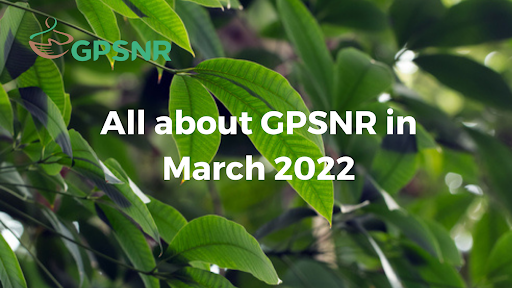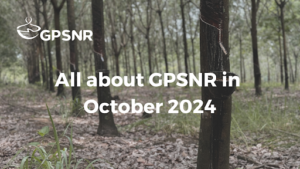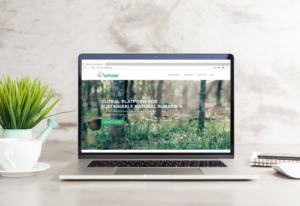All GPSNR working groups have a large chunk of work ahead of them. Here are all their updates:
Strategy and Objectives Working Group
The group has made good progress by establishing the new risk task force that will evaluate the exact scope of GPSNR’s risk based approach. It has also got its new Terms of Reference approved by the Executive Committee, and is now working on contracting a consultant for the Economic Risk Study and conducting a gap analysis of GPSNR’s current activities based on the platform’s Theory of Change.
Smallholder Representation Working Group
Having published the RFP to develop the GPSNR Smallholders Policy Framework equivalent, the group is focussing on the first Smallholders International Call of the year in March 2022, workshops in Liberia and Malaysia, and on developing country-specific smallholder engagement activities with smallholders and Country Champions.
Policy Toolbox Working Group
This group is continuing discussions among its three new subgroups: Transparent reporting roadmap, Implementation Guidance and RR Guidance & Tools. In the coming months, they will finalize guidance for the reporting requirements and share it with companies
At the same time, they are working with the smallholder representation working group on the Smallholder Policy Framework equivalent.
Capacity Building Working Group
After publishing the GAPs as living documents in English and Bahasa and selecting SNV-Proforest and Koltiva as consultants to work on the GAPs coaching in Indonesia, the working group continues to develop capacity building plans for Indonesia, Thailand and Ivory Coast.
They are also seeking your inputs for GPSNR’s knowledge sharing platform, which you can provide here.
Traceability and Transparency Working Group
Having finalized the traceability and transparency primer, the WG will wind down its operations.
Shared Responsibility Working Group
The Shared Responsibility has completed a review of the Shared Responsibility Framework, incorporating feedback from the Executive Committee. The Working Group will present an updated proposal to the EC as the next step, with a view to prepare a resolution at the 2022 General Assembly.






